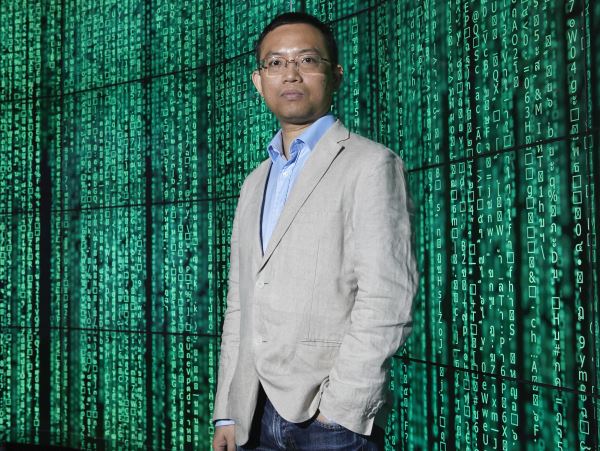Monash University has opened a new Blockchain Technology Centre (MBTC) in Melbourne to help Australian businesses improve performance and gain a competitive edge.
The new centre brings together world-leading researchers in blockchain technology and accelerate research in the rapidly expanding field.
The MBTC will develop secure foundations in blockchain technology and undertake ground-breaking research involving a variety of industries and societal sectors, from fintech to supply chain management.
The centre will demonstrate the usability and practical outcomes of blockchain technology to positively impact the community.
The MBTC will work with various faculties and international partners in the Asia-Pacific region, such as the Shanghai Jiao Tong University and CollinStar Capital. This will elevate the centre’s innovative work further.
The MBTC was unveiled by the Dean of the Faculty of Information Technology (IT), Professor Jon Whittle and internationally-renowned blockchain expert Associate Professor Joseph Liu today.
Australia’s role in lead blockchain
According to Professor Whittle, the global blockchain market is forecast to grow to an estimated US$60 billion (A$88.2 billion) by 2024. He believes Australia has the capacity to play a leading role.
Blockchain is currently being used in areas such as digital health services, supply chain management, and the delivery of energy across smart grids.
Through training and targeted micro-credentials, the MBTC will empower those leading the change – to enhance the efficiency, security and performance of blockchain technology.
“Monash is the birthplace of big ideas in computing and IT. Through the MBTC, we can better educate people on how blockchain technology can be used to solve real-world challenges. The visionary research by Joseph and his team will bring us closer to realising its true potential,” says Professor Whittle.
“We created the centre to be a platform for gathering like-minded organisations and faculties across the University, such as law, medicine, business and engineering. Cross-organisational and interdisciplinary collaborations will help us apply our innovations in a wider range of contexts,” adds Associate Professor Liu.


